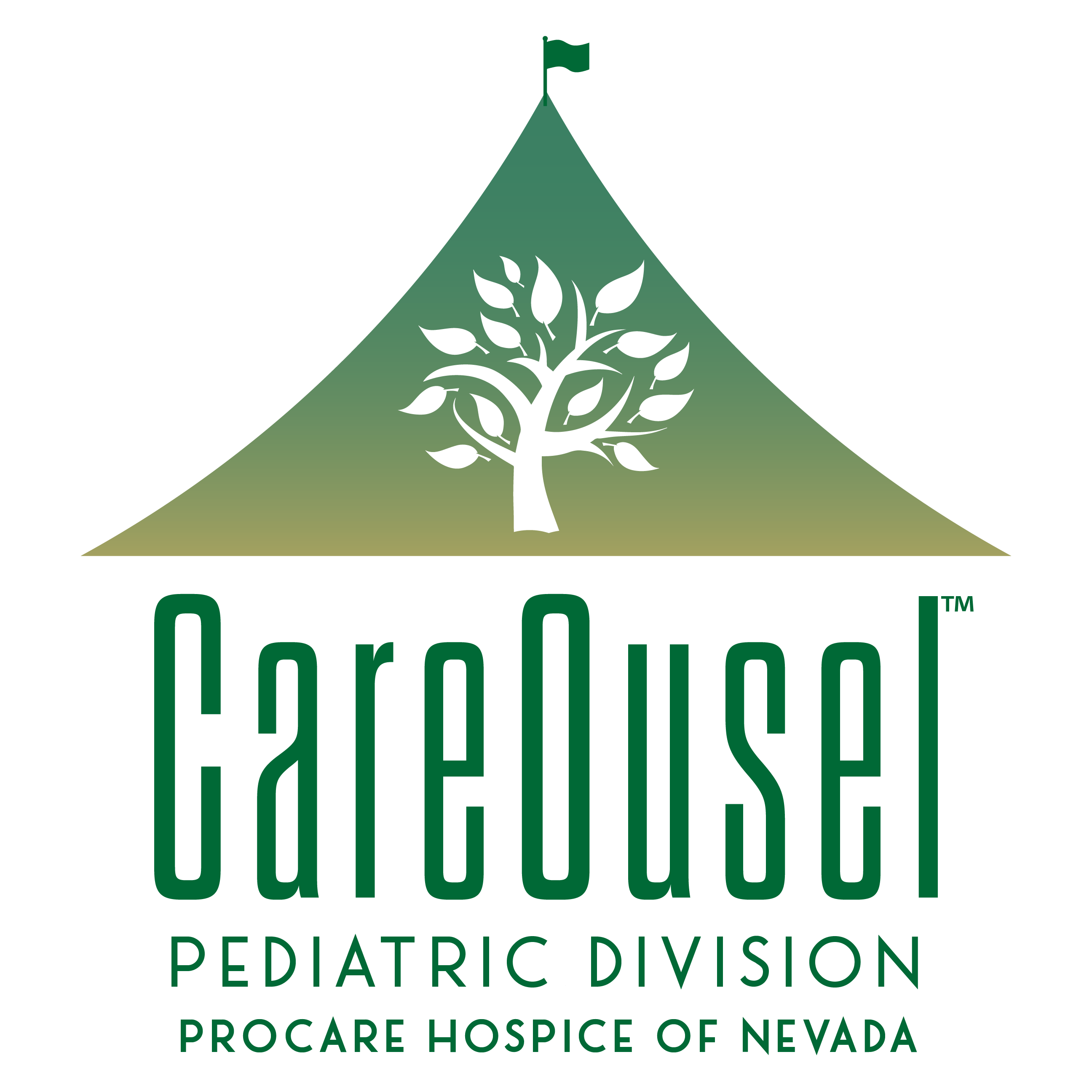
March is National Nutrition Month. Most people never think about what nutrition and eating will look like for someone at the end of life. Often, when a patient has an end-stage or terminal illness, poor or no appetite is a common and normal side effect. Impaired appetite can be caused by a number of things such as difficulty swallowing, nausea, vomiting, altered sense of taste or smell, medications, tumor growth, depression or pain. Sometimes there is no known cause.
It is important that patients and their families, or caregivers, do not feel guilty about this process.
Here are some important tips for supporting a patient’s changing appetite during this time:
- Allow them to eat as much, or as little, as he or she wants to eat. Gentle encouragement to eat is good, but do not force them to eat. This could cause unnecessary suffering and additional complications.
- Don’t prepare large meals, for this may be overwhelming to the patient and cause a sense of failure when large portions are left in front of them. Start with small, frequent meals and allow them to ask for additional helpings, if necessary.
- Give foods that are high in calories and easy
to eat, such as pudding, custard, jello, ice cream, yogurt, milkshakes, and eggnog. Include high protein supplements like Ensure®.
• Avoid greasy foods and rich sauces. Also, avoid foods with a lot of spice or seasoning.
• Avoid serving favorite foods when the patient is nauseated. This may change the positive psychological association with that food and limit future options. Also, with nauseated patients, serve food cold or
at room temperature to decrease the intensity of smells.
• Offer sips of clear, cool beverages, such as ginger ale. (Don’t forget the straw!)
• When diarrhea is experienced, serve bland foods, such as toast, rice, bananas, etc. Avoid seeds, nuts, raw fruits, and vegetables. To alleviate cramps, avoid gas-forming foods, such as dried peas, beans, and carbonated beverages.
• Provide good oral care
To determine if you or a loved one may be eligible for hospice, talk with your physician, or the family at ProCare Hospice at 703-380-8300. The National Hospice and Palliative Care Organization has more information here.


 Back To Top
Back To Top